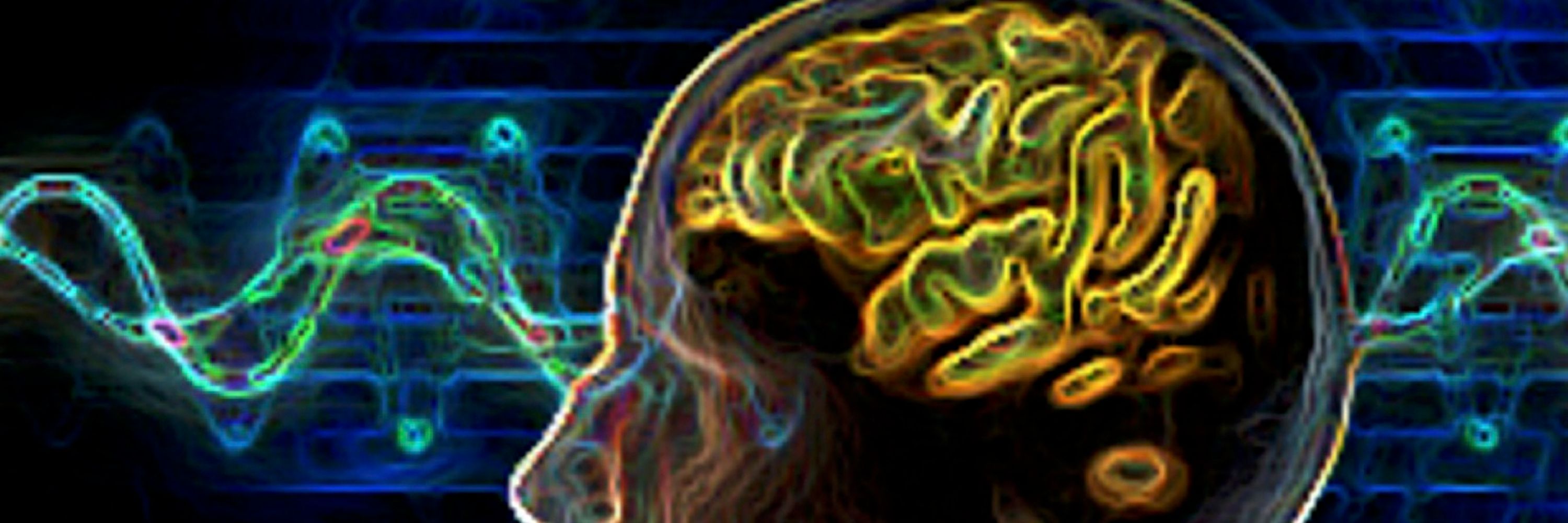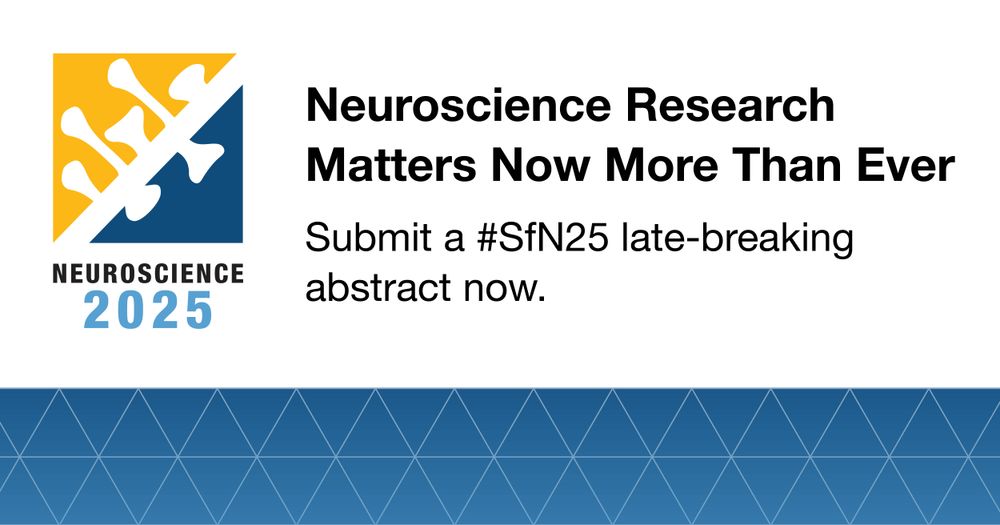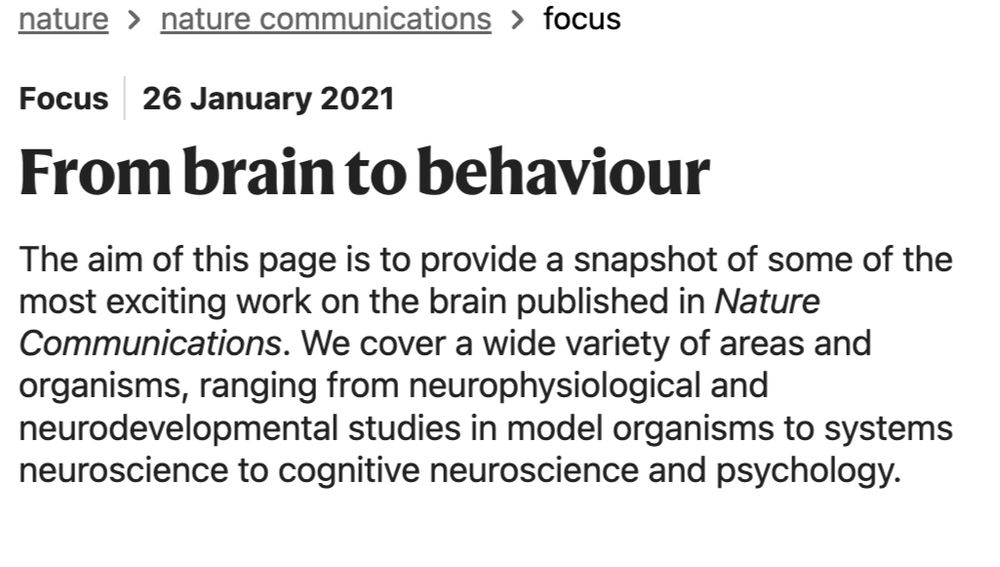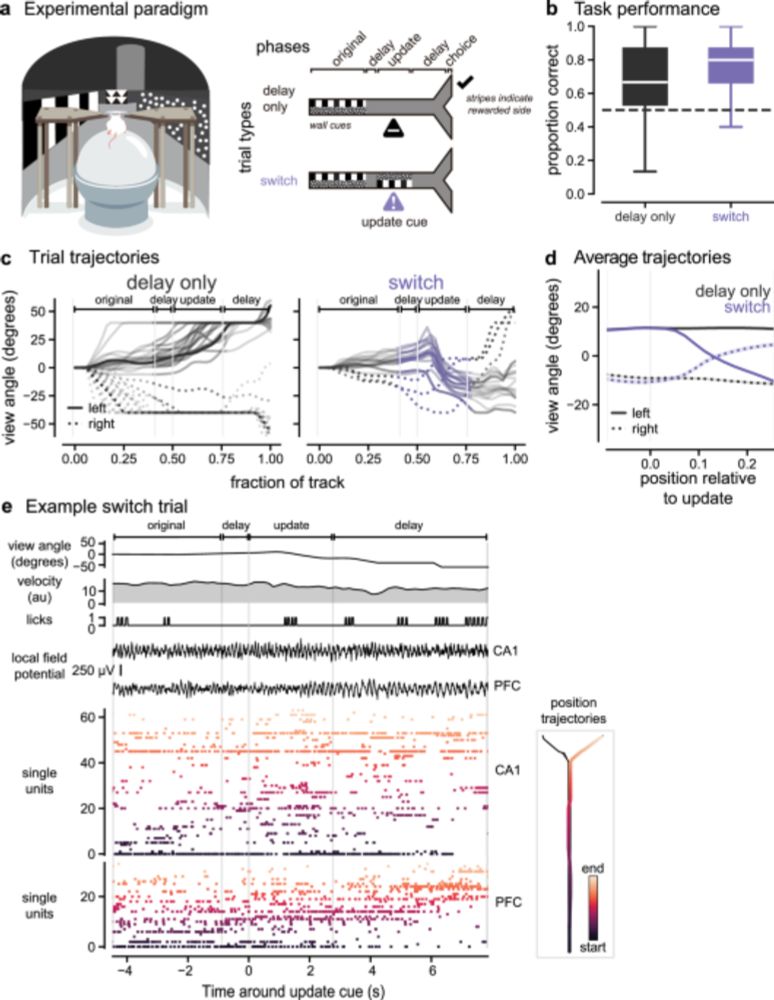


More details here:
lnkd.in/eusCqCSR
More details here:
lnkd.in/eusCqCSR
Share your most recent and exciting research with a global audience at #SfN25.
Submit your late-breaking abstract by Wednesday, September 10.
🔗 vist.ly/45gzc
#neurosky #neuroskyence #academicchatter

Share your most recent and exciting research with a global audience at #SfN25.
Submit your late-breaking abstract by Wednesday, September 10.
🔗 vist.ly/45gzc
#neurosky #neuroskyence #academicchatter
Chronic stress is a major risk factor for neuropsychiatric and neurodegenerative diseases, but for many of us it's unavoidable.


Chronic stress is a major risk factor for neuropsychiatric and neurodegenerative diseases, but for many of us it's unavoidable.
Get a first look at speakers, events, lectures, and more in the Neuroscience 2025 Preliminary Program.
🔗 vist.ly/3xvcw
Drop a comment below to let us know your big three!
#neurosky

Get a first look at speakers, events, lectures, and more in the Neuroscience 2025 Preliminary Program.
🔗 vist.ly/3xvcw
Drop a comment below to let us know your big three!
#neurosky

Editors’ Highlights pages showcase exciting recent papers in an area.

Editors’ Highlights pages showcase exciting recent papers in an area.

Michelle Gray, PhD, SfN Program Committee member, shares how you can enhance your research through valuable exchange w/ the global scientific community at #SfN25.
Don't delay, submit your abstract today!
🔗 bit.ly/3G5vEde
#NeuroSky


Share your research with the global neuroscience community.
Start now to avoid the last-minute rush!
🔗 bit.ly/3G5vEde
#NeuroSky #AcademicChatter
Share your research with the global neuroscience community.
Start now to avoid the last-minute rush!
🔗 bit.ly/3G5vEde
#NeuroSky #AcademicChatter
"KJ’s treatment — which built on decades of federally funded research — offers a new path for companies to develop personalized treatments"
www.nytimes.com/2025/05/15/h...

"KJ’s treatment — which built on decades of federally funded research — offers a new path for companies to develop personalized treatments"
www.nytimes.com/2025/05/15/h...

Led by Abigail Paulson with Lu Zhang and Ashley Prichard @amprichard.bsky.social

Led by Abigail Paulson with Lu Zhang and Ashley Prichard @amprichard.bsky.social
neuro.gatech.edu/when-less-mo...
@gatechengineers.bsky.social @gt-neuro.bsky.social @gtresearchnews.bsky.social

neuro.gatech.edu/when-less-mo...
@gatechengineers.bsky.social @gt-neuro.bsky.social @gtresearchnews.bsky.social

@gatechengineers.bsky.social @gt-neuro.bsky.social @gtresearchnews.bsky.social
By Nuri Jeong, Xiao Zheng, Abby Paulson, Steph Prince and colleagues.

By Nuri Jeong, Xiao Zheng, Abby Paulson, Steph Prince and colleagues.
Our @natureneuro.bsky.social article shows how inhibitory neurons calculate “subtraction” or “division” to adjust visual sensitivity!
This one has it all – behavior, optogenetics, modeling, cell types, subthreshold mechanisms. Quick thread 🧵below

Our @natureneuro.bsky.social article shows how inhibitory neurons calculate “subtraction” or “division” to adjust visual sensitivity!
This one has it all – behavior, optogenetics, modeling, cell types, subthreshold mechanisms. Quick thread 🧵below

